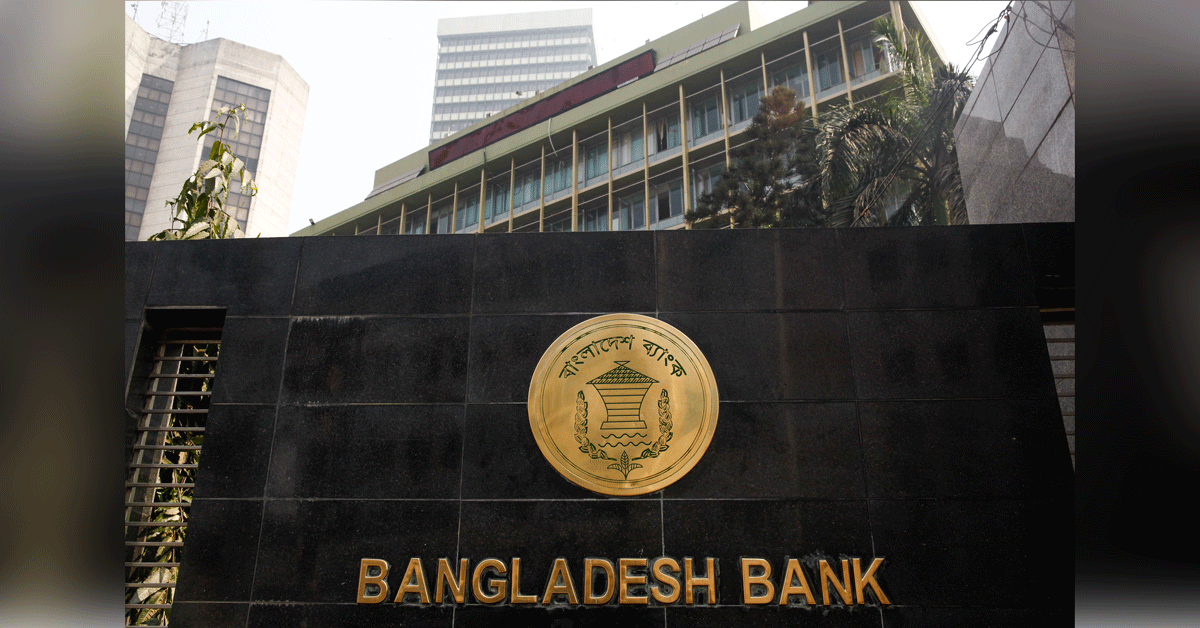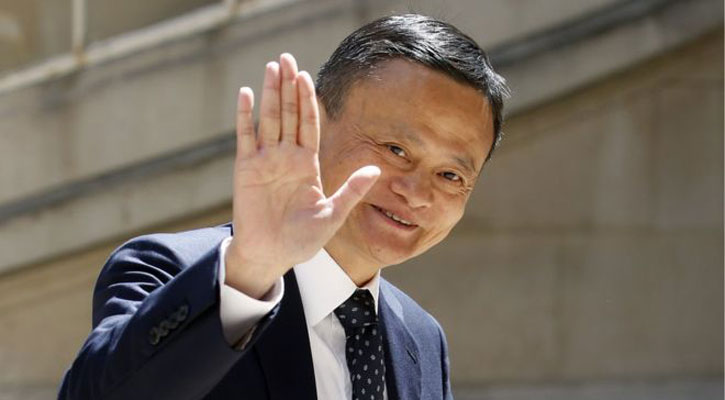Thousands of people, protesting against a controversial citizenship law, have gathered outside one of India’s oldest mosques in Delhi.
Police briefly detained Chandrashekhar Azad, a Dalit (formerly untouchables) leader who defied orders to halt a march from Jama Masjid in old Delhi.
But Mr Azad managed to escape, says BBC Hindi’s Dilnawaz Pasha.
Indian officials also shut down mobile internet services in several cities in anticipation of more protests.
Mr Azad is currently untraceable, our correspondent says. He had managed to escape during a scuffle between his supporters and the police, as they tried to detain him.
Police in Delhi shut the route to Jama Masjid, and closed down metro stations in the vicinity. They were on the look out for Mr Azad, but he evaded them and appeared outside the 16th Century mosque after Friday prayers, holding up a copy of India’s constitution.
The protest is continuing as the crowd outside the mosque swells.
A rally by Opposition MP Asaddudin Owaisi is underway in Hyderabad city; and more protests are expected in Bangalore city, where thousands of people took to the streets on Thursday.
Three people died and thousands were detained during Thursday’s protests, which turned violent in some parts of the country.
Mobile data services have been shut in Lucknow and Mangalore cities and some parts of West Bengal state. Several areas in Uttar Pradesh state are also affected.
Meanwhile, following a high court order, data services in the north-eastern state of Assam, which were switched off for almost two weeks, have been restored.
The new law – known as the Citizenship Amendment Act (CAA) – offers citizenship to non-Muslim illegal immigrants from Pakistan, Bangladesh and Afghanistan.
Critics fear that it undermines India’s secular constitution, and say faith should not be the basis of citizenship.
But Prime Minister Narendra Modi has dismissed their concerns, and blamed the opposition for “spreading lies”.
There have been days of protests against the law, with the biggest outpouring to date on Thursday.
What happened on Thursday?
Tens of thousands of people took to the streets in cities across the country, despite a police order based on a severely restrictive law which prohibits more than four people from gathering in a place.
Two people died in the southern city of Mangalore after officers opened fire on demonstrators allegedly trying to set fire to a police station.
Another man also died in the city of Lucknow, where violent clashes between demonstrators and police earlier in the day saw vehicles set alight. More than a dozen officers were injured and 112 people were reportedly detained.
Among those who were briefly detained were Ramachandra Guha, a prominent historian and outspoken critic of the government, in the southern city of Bangalore; and political activist Yogendra Yadav in Delhi.
Speaking to the BBC’s Newshour programme, Mr Guha said he had been arrested with hundreds of others from various different backgrounds, “which clearly shows that a large section of Indians are actually opposed to this discriminatory legislation”.
Thousands also gathered to demonstrate in Mumbai including some Bollywood actors and filmmakers.
What is the law about?
The law – known as the Citizenship Amendment Act (CAA) – offers amnesty to non-Muslim illegal immigrants from Pakistan, Bangladesh and Afghanistan.
The federal government says this is to protect religious minorities fleeing persecution in the three Muslim-majority countries.
But what has made the law especially controversial is that it comes in the wake of the government’s plan to publish a nationwide register of citizens that it says will identify illegal immigrants – namely, anyone who doesn’t have the documents to prove that their ancestors lived in India.
A National Register of Citizens (NRC) – published in the north-eastern state of Assam – saw 1.9 million people effectively made stateless.
The NRC and the Citizenship Amendment Act are closely linked as the latter will protect non-Muslims who are excluded from the register and face the threat of deportation or internment.
Why are people protesting against it?
Many Muslim citizens fear that they could be made stateless if they don’t have the necessary documents; and critics also say the law is exclusionary and violates the secular principles enshrined in India’s constitution.
But Prime Minister Narendra Modi said the law would have “no effect on citizens of India, including Hindus, Muslims, Sikhs, Jains, Christians and Buddhists”.
Source: BBC






















